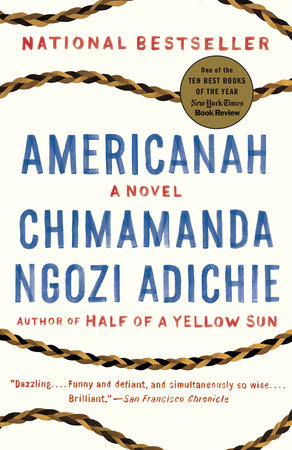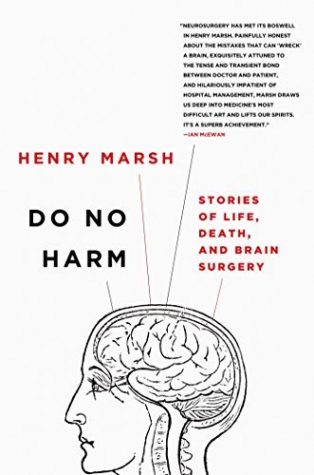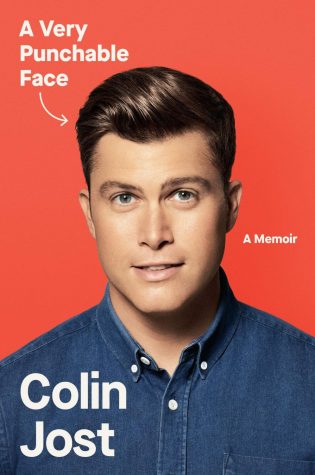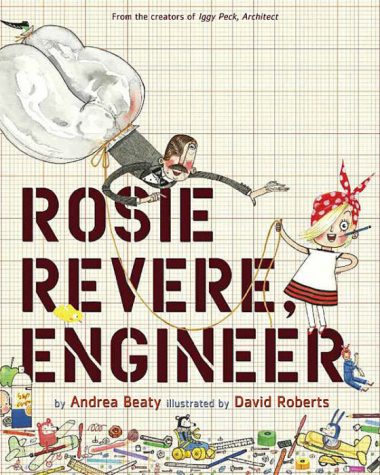Zadie’s summer book reviews

Ifemelu, the main character of Americanah by Chimamanda Ngozi Adichie, writes a blog titled “Raceteenth or Various Observations About American Blacks (Those Formerly Known as Negroes) by a Non-American Black.” Americanah is a story of migration, love and loneliness, but this blog title sums up what I found to be the most valuable part of Americanah: a hilarious call-out of some funky American racial habits. Ifemelu, a Nigerian immigrant, works for a white woman named Kimberly who refers to all Black women as beautiful. “‘I’m meeting my beautiful friend from graduate school,’ Kimberley would say…and always, the women she referred to would turn out to be quite ordinary-looking, but always black,” Adichie writes. Ifemelu eventually points out to Kimberly that not all Black people are beautiful. It is the honesty and bluntness in how Ifemelu navigates the differences and similarities of an “African” and “African-American” identity that makes Americanah such an incredible book. Adichie has admitted that as a Nigerian who had spent plenty of time living in America, the experiences and view of Ifemelu at times mirror her own. Throughout Americanah, Ifemelu reflects on her time in graduate school in the U.S, her relationship with an African-American intellectual and his liberal, organic food-obsessed friends, her childhood love Obinze and ultimately her return to Nigeria and the impact her time in America has on her experience there. I read this book 3 years ago and still frequently address it in conversation; my all-time favorite book!

Do No Harm by National Health Service Neurosurgeon Henry Marsh begins with a doctor navigating through a patient’s brain, hunting for a tumor. As he conducts the surgery, he is aware his tools are traveling through someone’s emotions, thoughts, memories, dreams and reflections, which he describes as “simply too strange to understand.” Mostly, though, he speaks about the fear of steering into the wrong area, of going into the Recovery Ward after the operation and seeing a patient who he has – to use his own term – “wrecked.” As I read, I was struck by how openly Marsh acknowledged his own failures. This book is titled Do No Harm after the ethical pledge doctors make to minimize harm. The name raises a paradox about the nature of neurosurgery and the inevitability of death and severe injury in the field. He speaks dryly and humorously, in a fashion I would best describe as quite British (that is, from my minimal exposure to British people). He separates each chapter by a particular neurosurgical operation, for example, “pineocytoma,” “aneurysm,” and “hemangioblastoma.” The book does not require particular scientific knowledge, but may be especially exciting to those who enjoy the subject. Do No Harm is a book about mortality and the awkwardness of being someone who yields an extraordinary amount of power to heal or harm.

To all those who adore Saturday Night Live (SNL), I implore you to explore this quick and hilarious read. A Very Punchable Face by Colin Jost takes you behind the scenes of the show. Jost writes about the sketches he has written, his experiences with Weekend Update, his relationship with Michael Che and Lorne Michaels, SNL after-parties, and more. The book includes a whole chapter on the SNL episode hosted by Donald Trump in which Jost reveals a skit he pitched to President Trump called “Rosetta Stone: Mexican.” In the skit, the Rosetta Stone taught “low-level racist phrases to say to someone who was Mexican.” Such phrases included, “You’re gonna pay for the wall,” “Yes, you are,” and “Yes, usted will.” President Trump, surprisingly, was not a fan. While maintaining a comedic tone, this book also touches on serious moments in Jost’s life. He tells us how he admires his mother, a doctor for the New York Fire Department who survived three near-death encounters in the aftermath of 9/11 and his experiences growing up in Staten Island. The title, A Very Punchable Face, is an ode to how Jost’s buttoned-up look can give him an aire of insincerity. The self-deprecating humor continues throughout the book and arguably culminates in a chapter about Jost pooping his pants. It’s a hilarious book, but on a deeper level, it celebrates self-awareness and reminding ourselves of the humor in even the most serious situations.

I would categorize Rosie Revere, Engineer by Andrea Beaty as positive feminist indoctrination, a classic read for many young girls with progressive parents. While the large texts and inviting illustrations may deceive you into thinking this book is only for young children, it is a book I (as a fully grown 16-year-old) still undoubtedly enjoy. Readers have the honor of learning about Rosie Revere and her inventions: a hot dog dispenser, helium pants, a hat for a zookeeper to keep snakes off his head and more. Rosie Revere, Engineer is a story that reminds us to cherish our creative and inventive spirits.











